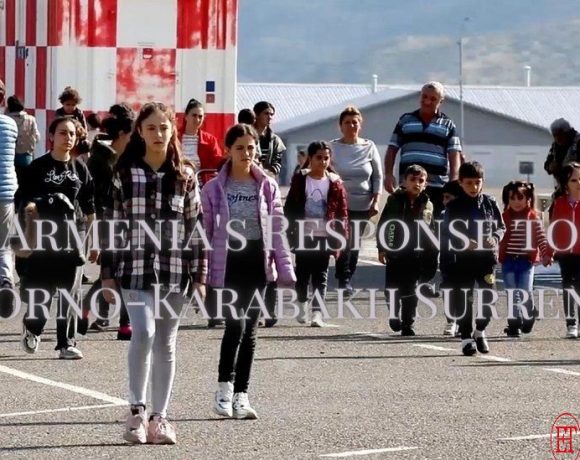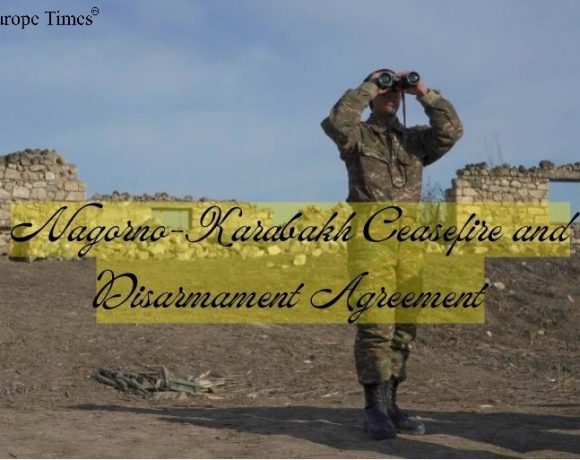
Following the surrender of Nagorno-Karabakh to Azerbaijani forces, Armenia has declared its readiness to provide housing and support for displaced individuals from the region. Prime Minister Nikol Pashinyan assured that Armenia had made arrangements for tens of thousands of people, although he believed there was no immediate threat to the ethnic Armenians in Karabakh. On the other hand, authorities in Karabakh had raised concerns about potential ethnic cleansing.
Under a Russian-brokered ceasefire, local Karabakh forces agreed to complete disarmament and disbandment, leading to a sense of uncertainty and distress among the population. Armenia’s Prime Minister emphasized that the estimated 120,000 ethnic Armenians in the region should be allowed to stay in their homes under safe and dignified conditions. Armenia had also prepared to accommodate up to 40,000 families in case of an influx of refugees.
The situation on the ground appeared tense, with reports of sporadic violence and disputes over the ceasefire’s implementation. Delegations from Armenia and Azerbaijan convened to discuss Nagorno-Karabakh’s future, and while the talks were described as constructive, significant challenges remained unresolved.
The region of Nagorno-Karabakh, recognized as part of Azerbaijan but controlled by ethnic Armenians, has experienced longstanding conflicts, with fears of further displacement and ethnic tensions following recent developments. The United Nations Security Council was scheduled to address the issue, and international observers had limited access to verify reported casualties due to a blockade imposed on the region.
Picture Courtesy: Google/images are subject to copyright

